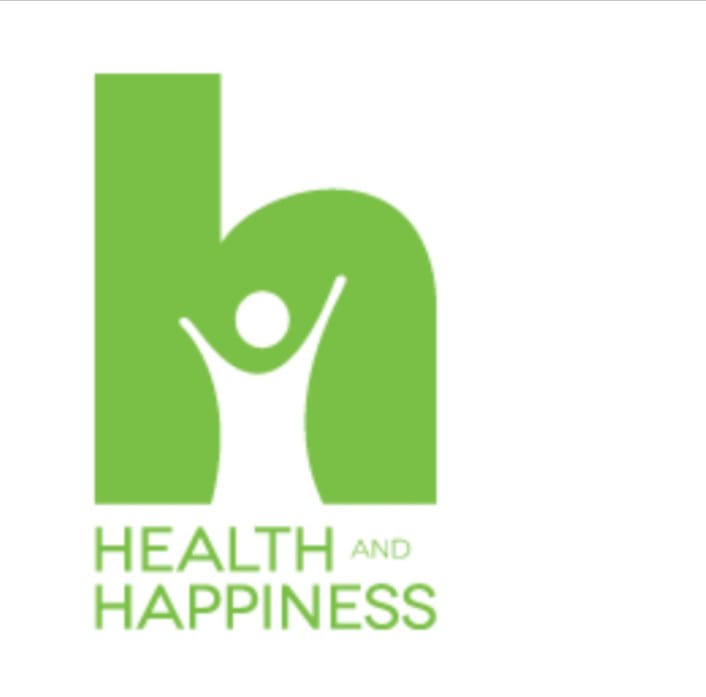Happiness is directly related to health.This notion is quite underrated in the present context. The definition of holistic health involves many factors. It requires a 360-degree perspective to understand the real meaning of health and happiness.
The components of holistic health are as follows:
- Physical
- Mental/emotional
- Social/cultural
- Economic/financial
- Spiritual health
- Physical health encompasses the following:
- Children: malnutrition, maternal health
- Adolescents: general health, puberty, menstrual hygiene, bodily changes
- Young adults: reproductive health, work-life balance, overall health
- Elderly: old age issues, overall health
- Mental/emotional includes the following:
- Children: socio-economic status, education, home environment
- Adolescents: substance abuse, adolescent issues, relationship issues, peer pressure
- Young adults: financial issues, work stress, career issues, parenting issues, marital problems
- Elderly: old age problems, caregiving, palliative care
- Sociocultural well-being has the following components:
- Socio-economic conditions
- Social roles
- Healthy social relationships
- Inclusion or exclusion by society
- Cultural differences, prejudices, and stereotypes
- Social status
- Financial and economic well-being
- Basic financial needs
- Unemployment
- Financial literacy
- Financial stability
- Standard of living
- Spiritual well-being:
- Freedom to follow and practice spiritual activities
- Easy access to spiritual places
- Contribution of spiritual leaders to uplift society
- Availability of spiritual groups and communities
- Preserving the vast and diverse cultures and philosophies
- Teaching and transferring spiritual wisdom to the younger generations



